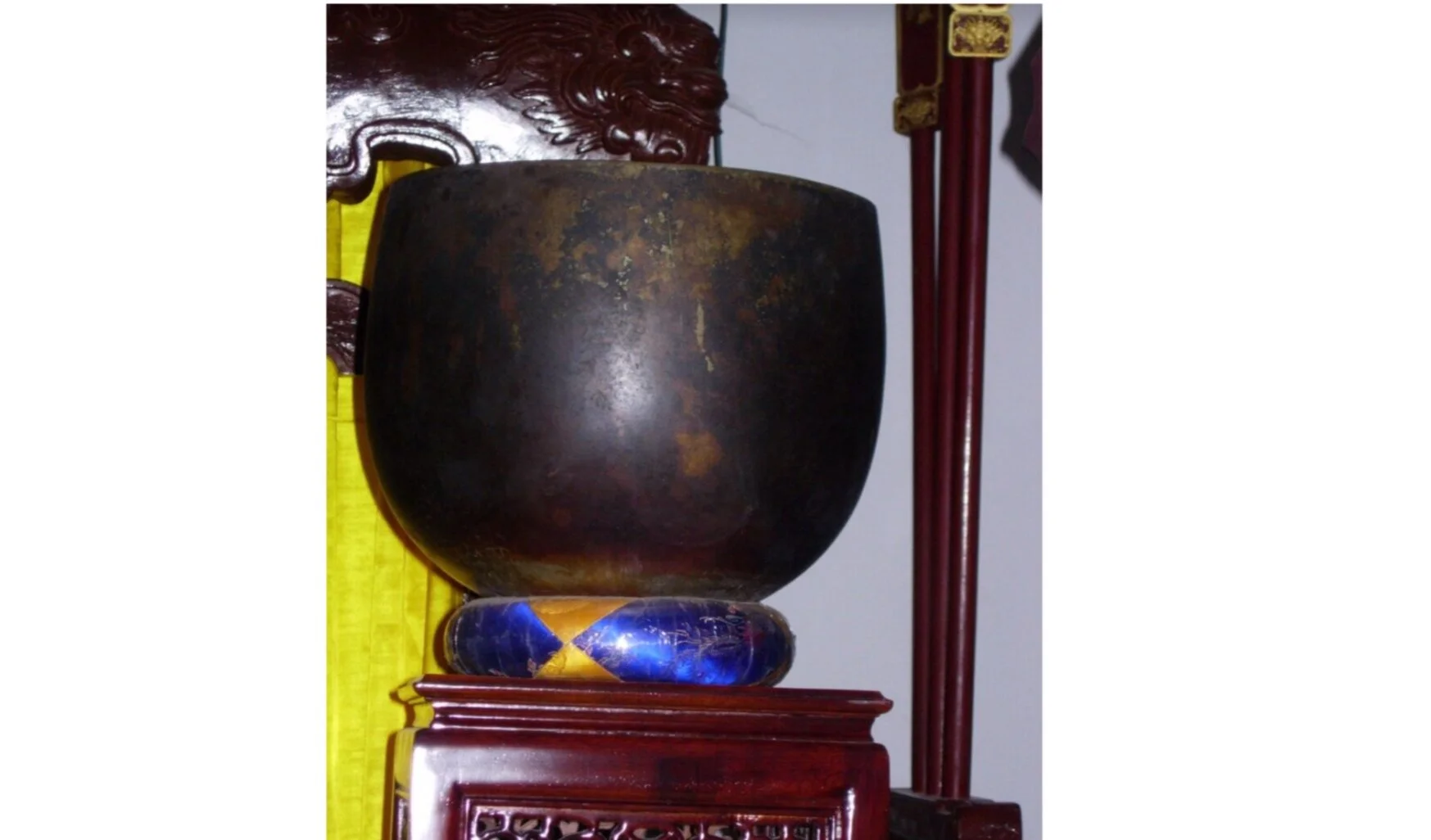Last week, Annie led us in a wonderfully rich evening on the second mindfulness training: Generosity. As Thich Nhat Hanh wrote: “The Second Precept is a deep practice. We speak of time, energy, and material resources, but time is not only for energy and material resources. Time is for being with others -- being with a dying person or with someone who is suffering.” When we give our full attention to a person, a community, a cause, we are practicing generosity. And that generosity can effect change on several dimensions at the same time - one of the many fruits of interbeing.
For the month of May, we will explore the theme, practicing generosity, from several different perspectives. This is part of OHMC’s response to the global pandemic. Our hope is that by practicing generosity as individuals and as a community, and by learning about how our practice affects us, we can nourish ourselves, each other and the larger society of which we’re a part.
This week, we are focusing on generosity as it relates to interbeing and community. It is easy, when one thinks about generosity, to jump to the “I”. We would like to move to the “we” - the we of our community here at OHMC…

























